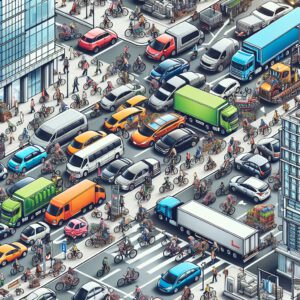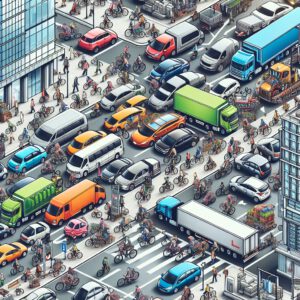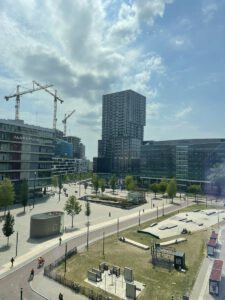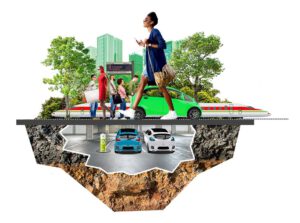Smart Curbside Management: Flexible Parking for Efficient Last-Mile Delivery

Aligning parking policy with real-world driver behavior—through flexible sessions, smarter pricing, and optional reservations—can significantly improve curbside efficiency and reduce delivery friction. Urban planners and transport policymakers should consider these insights when modernizing curbside management to support sustainable and efficient last-mile delivery. Urban logistics professionals know all too well the challenges of finding parking for …









